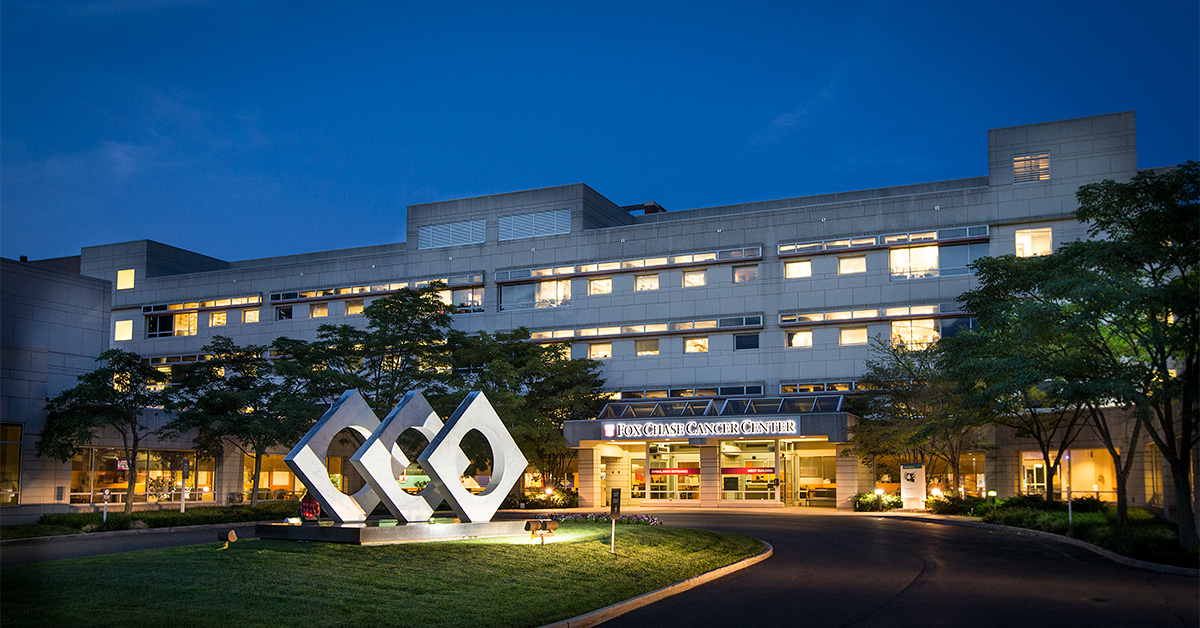
PHILADELPHIA (October 25, 2023) — Nosayaba Enofe, MD, a fellow in the Advanced Minimally Invasive Thoracic Surgical Oncology Fellowship at Fox Chase Cancer Center, discussed his experience with a unique minimally invasive hybrid approach to esophagectomy at the American College of Surgeons Clinical Congress.
An esophagectomy is a complex surgical procedure usually performed as part of the treatment for esophageal cancer in which part of the esophagus and nearby lymph nodes are removed before surgeons reconstruct the esophagus using portions of the stomach, small intestine, or colon.
In his presentation, Enofe, who is also an incoming cardiothoracic surgery fellow at Temple University Hospital, highlighted the use of an Ivor Lewis esophagectomy with colon interposition using a hybrid robot-assisted minimally invasive approach.
During this procedure, the esophageal tumor is removed through an abdominal incision and an incision in the chest wall. The use of colon interposition or supercharged bowel as a conduit to recreate the esophagus is a highly specialized technique.
“Esophagectomy itself using the colon as a conduit for reconstruction is quite uncommon. Not a lot of people get to do this type of operation. We decided to contribute to the literature by highlighting how we successfully performed this operation, noting the important technical steps, selection criteria, and types of things surgeons should be thinking about when planning for and performing this surgery,” said Enofe.
His presentation included a video outlining the critical components and steps of the surgery with the aim of providing a reference for surgeons who seek to confidently undertake these operations.
“As more people have surgery for weight loss, surgeons will need to become adept with alternate conduits for esophageal reconstruction other than the stomach. Knowing the right technique and being able to manage these patients afterward is imperative to good outcomes. This complex procedure is usually only done at centers of excellence that perform large numbers of complicated thoracic surgeries,” Enofe said.
“Having successfully managed this very complex patient in a unique way and being able to disseminate this information to my peers and provide this reference material at a prestigious conference like the American College of Surgeons Clinical Congress is very rewarding.”
The congress is being held in Boston October 22-25. The yearly event, one of the largest international meetings of surgeons in the world, welcomes not only surgeons, but researchers and other professionals to join their peers in networking and sharing new and innovative surgical methods.